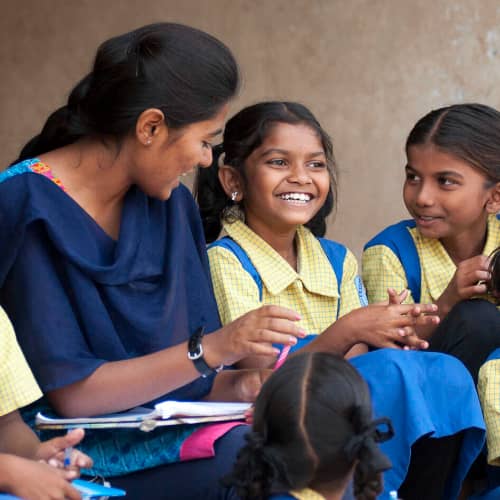Period Poverty Statistics – What Are Some Highlights?
In the last decade there has been an uptick of studies and research done regarding period poverty and other women’s issues. From that research, we have a good amount of period poverty statistics to study. Here are some highlights from the research:
- Approximately 500 million women worldwide find themselves without access to menstrual supplies.[1] They are unable to manage their menstrual cycle in a safe and hygienic way.
- 1.25 billion women and girls lack access to a safe, private toilet, and 526 million don’t even have a toilet.[2] This creates a difficult and often unsafe environment for women.
- In the United States, 16.9 million women who menstruate are living in poverty.[3]
- Studies from Kenya find that, in order for some schoolgirls to get menstrual products, they must engage in transactional sex to pay for the products.[4]
- A 2021 survey of college students in the United States found that 10 percent of female students skip classes because they can’t afford menstrual products each month.[5]
- Many countries in Africa—including Ethiopia, Kenya, Uganda, Ghana, and Nigeria—have a lack of access to safe, clean, private spaces for menstrual hygiene.[6]
These factors continue the cycle of poverty, especially in developing countries. When women are unable to finish school or work a regular schedule, the cycle of poverty continues. An enlightening study from Bangladesh revealed that “73% of women missed work for an average of 6 days a month…However, when the HERproject provided pads and a behavior change work-based intervention, absenteeism dropped by 3 percent.”[7] Providing supplies is an easy solution to absenteeism at work.
GFA World, working in Africa and Asia, is committed to coming alongside women and girls and removing the stigma of menstruation. Programs are designed to help women and girls understand their worth and value. GFA provides women with healthcare instruction and girls with mentors to walk with them through adolescence. Girls are also provided with hygiene items to keep them safe and healthy.
Many girls do not understand what is happening, so having someone to confide in is important. Women missionaries and GFA volunteers are there to support them. These women can also share the love of God with the girls under their care, showing them they have worth and value in the eyes of God.
Click here, to read more about this article.
Click here, to read more blogs in Gospel for Asia.Net

Comments
Post a Comment